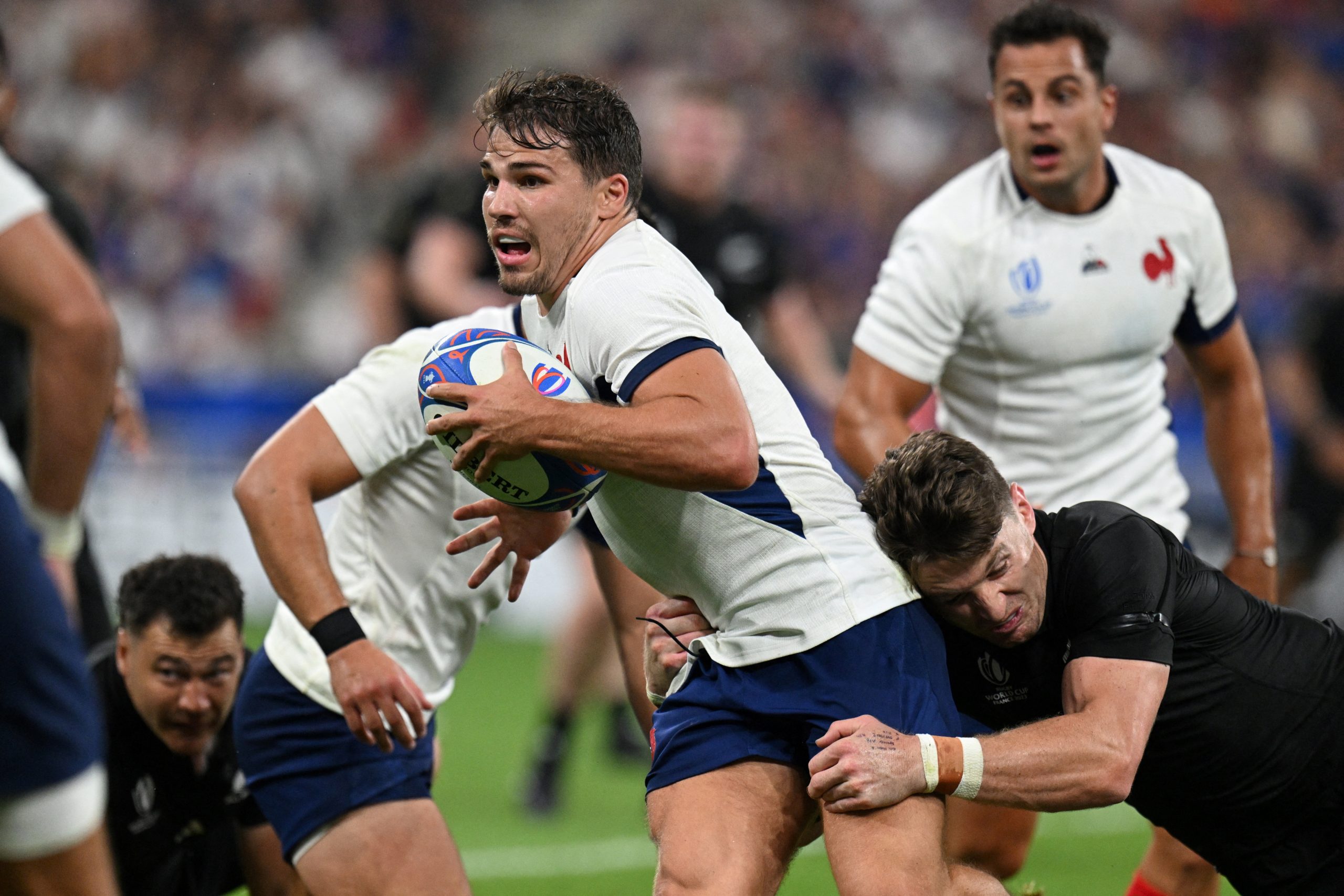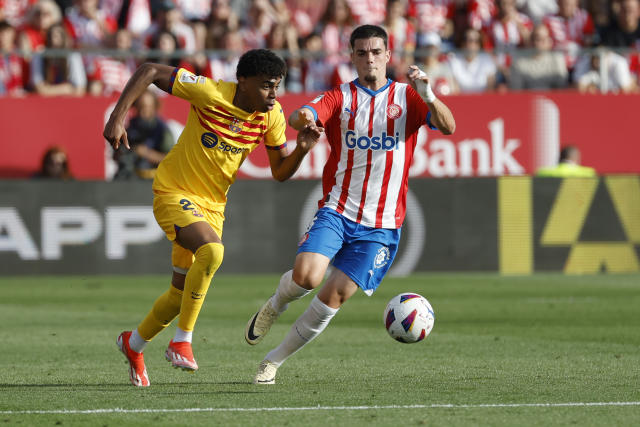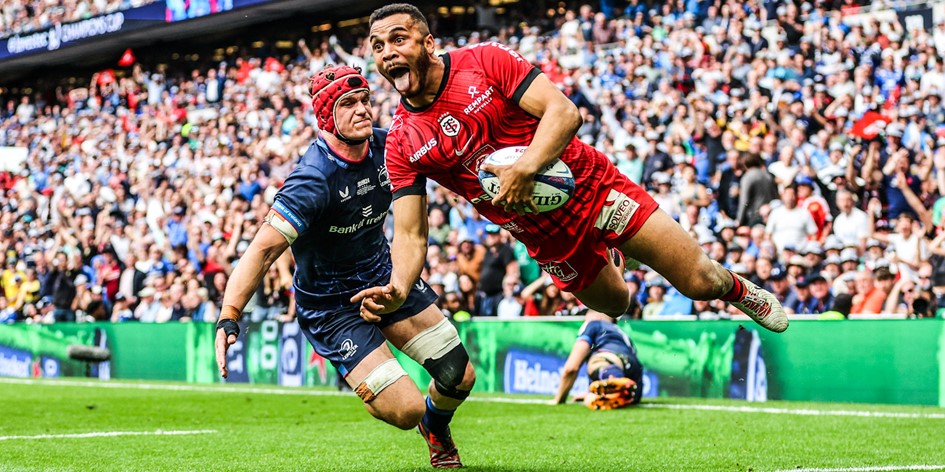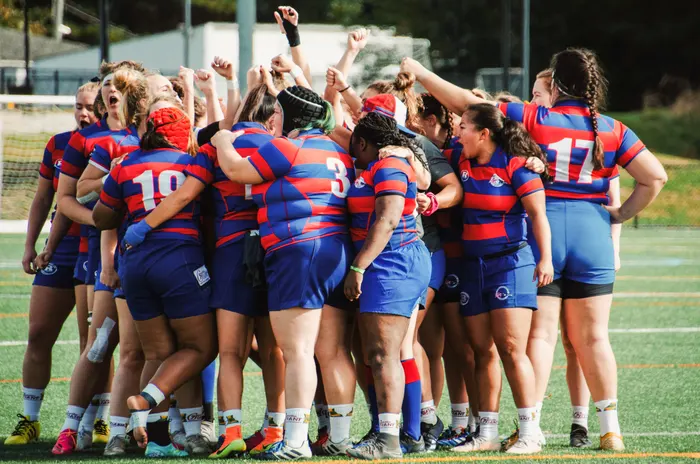Club World Cup Ticks Lot of Boxes but Also Hurt Rugby
It’s back. And this time it could actually happen. The idea of a formal club world Cup has been around for a few decades, but it is finally almost ready to be launched. Sixteen teams, four consecutive June weekends in the northern Hemisphere, one winner. Please include your personal reaction Emoji here.
As always, it will probably depend on where you are sitting. If you are a tight-ticket administrator who is struggling to keep the club’s game afloat, this will instinctively seem like a no-brainer. Improved global television and the presence of sponsors, a clearly defined place in the calendar and the best of each hemisphere, actioning against each other with hammers and tongs in maybe half decent weather. Tick, Tick, Tick.

And yes, at first glance, there would be fascinating matches. If it started this Season, the last eight teams in the Champions Cup–Leinster, La Rochelle, Northampton, Bulls, Bordeaux, Harlequins, Toulouse and Exeter Chiefs-as well as the top six Super Rugby teams and perhaps the two best Japanese clubs would participate. The current top dogs of New Zealand – the sapphires and the Hurricanes-against Leinster and Toulouse? Spectators from the North and the South could well watch one or the other match, if only out of curiosity.
But let’s press Pause for a moment. What about the significant impact on the traditional pillars of the club game? While some clever pocket games have entered the planning – the knockout phase of the Champions Cup would disappear every four years to facilitate the new concept-were the architects too smart for their own good?
Is this really a step forward, for example, to dilute what could be the most compelling Club rugby tournament in the world in favor of the Japanese conference leaders Toshiba Brave Lupus and Saitama Wild Knights, who play in Exeter and Northampton in June?

And, more importantly, what about the players? Imagine that you are an international pillar from the northern hemisphere. You’ve just worked your way through an endless World Cup heat-up camp, followed by the roller action of the tournament itself, you’ve fought your way to the end of an intense Six Nations Championship (with one less fallow weekend than before), and now you’re reading your diary
Under the proposed new regulations, the domestic club season will peak earlier, which will require another peak in May. Followed by the final phase of the Club World Cup. Several other potential long-haul flights follow to fill the matches of the new Nations League, which should replace the Traditional ad hoc tours. Followed by a few hasty weeks off before digging deep to try and win selection on a British and Irish Lions tour the following summer. Presumably, Will Elton John’s I’m Still Standing be the Official Anthem? Either That or ABBA’s Money, Money, Money.
However, anything but blind optimism is likely to be frowned upon. On the plus side, it could certainly bring a little more order to the Mad Hatter’s Tea Party, which previously posed as the world Rugby match calendar. Perhaps the French top 14 will no longer play in the depths of June, or the supposed flagship club match of Europe will be tightly wedged in the middle of the rounds of the main domestic matches.

The other well-known cry will be that if the Rugby authorities fail to create a coherent club world cup, someone else will. “Our Clubs, as well as those in Europe and the southern Hemisphere, had approaches from Monaco, Abu Dhabi and, more recently, South Africa,” Mark McCafferty, then chief executive of Premiership Rugby, said. “if the Rugby stakeholders fail to do it, someone else will do it and we will find a”Fourteen years after, as Golf and other sports can testify, the same Argument applies.
The big difference now, however, is that English clubs are desperately trying to stay afloat. At last count, their collective losses for the last financial year alone were almost £25m, with Newcastle yet to announce their full-year results. Super Rugby is also barely inundated with investor money. While the best French teams are in harmful of disappearing into another commercial stratosphere, they also recognize the value of a collective pillar on the wider world market.




Post Comment